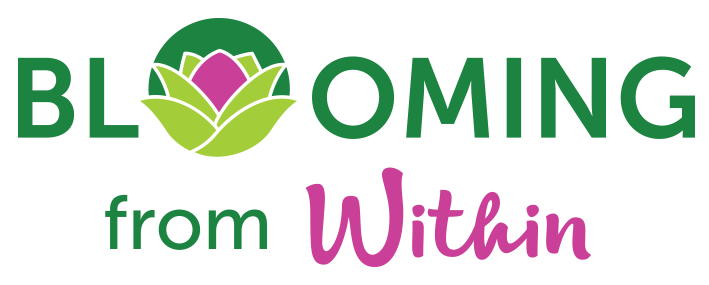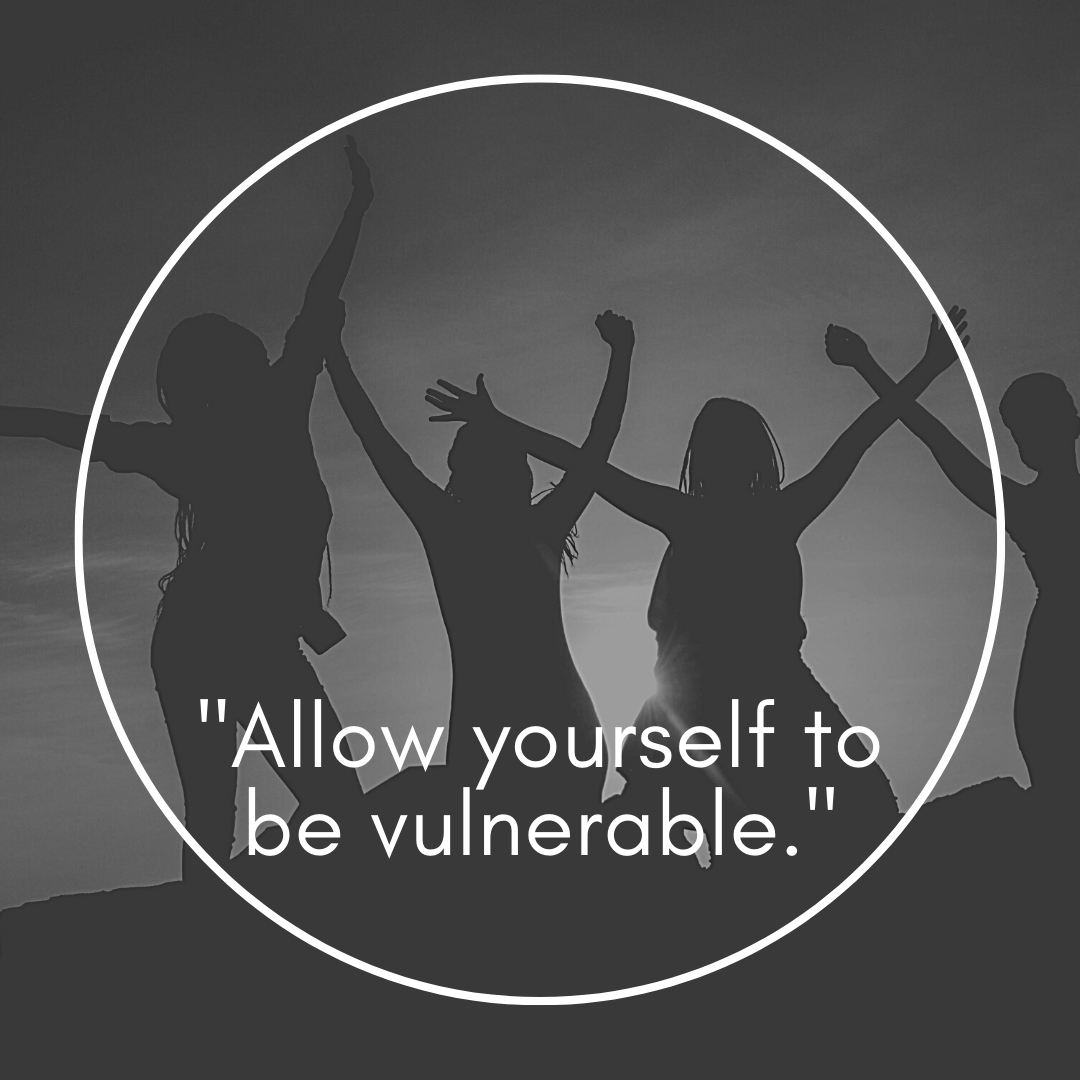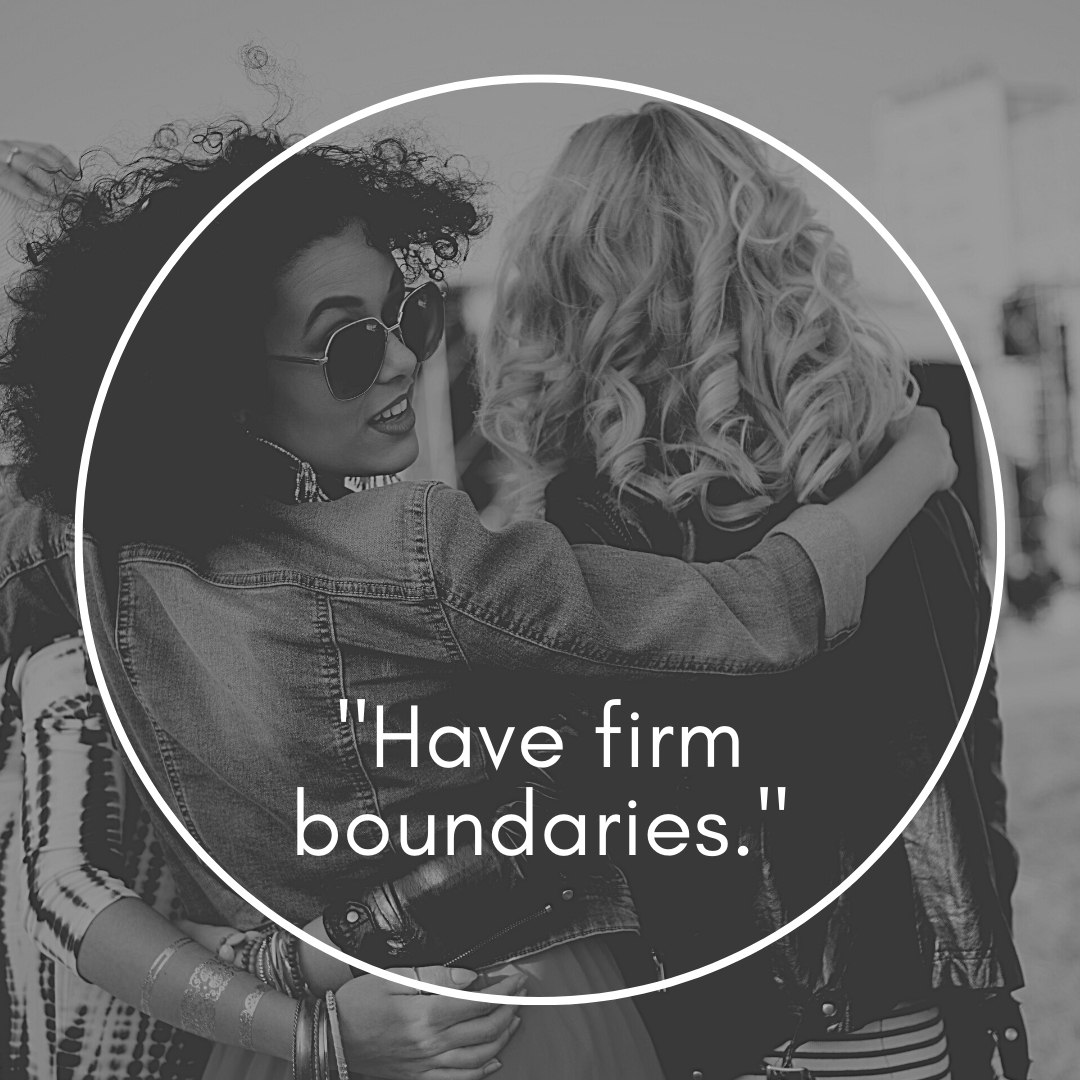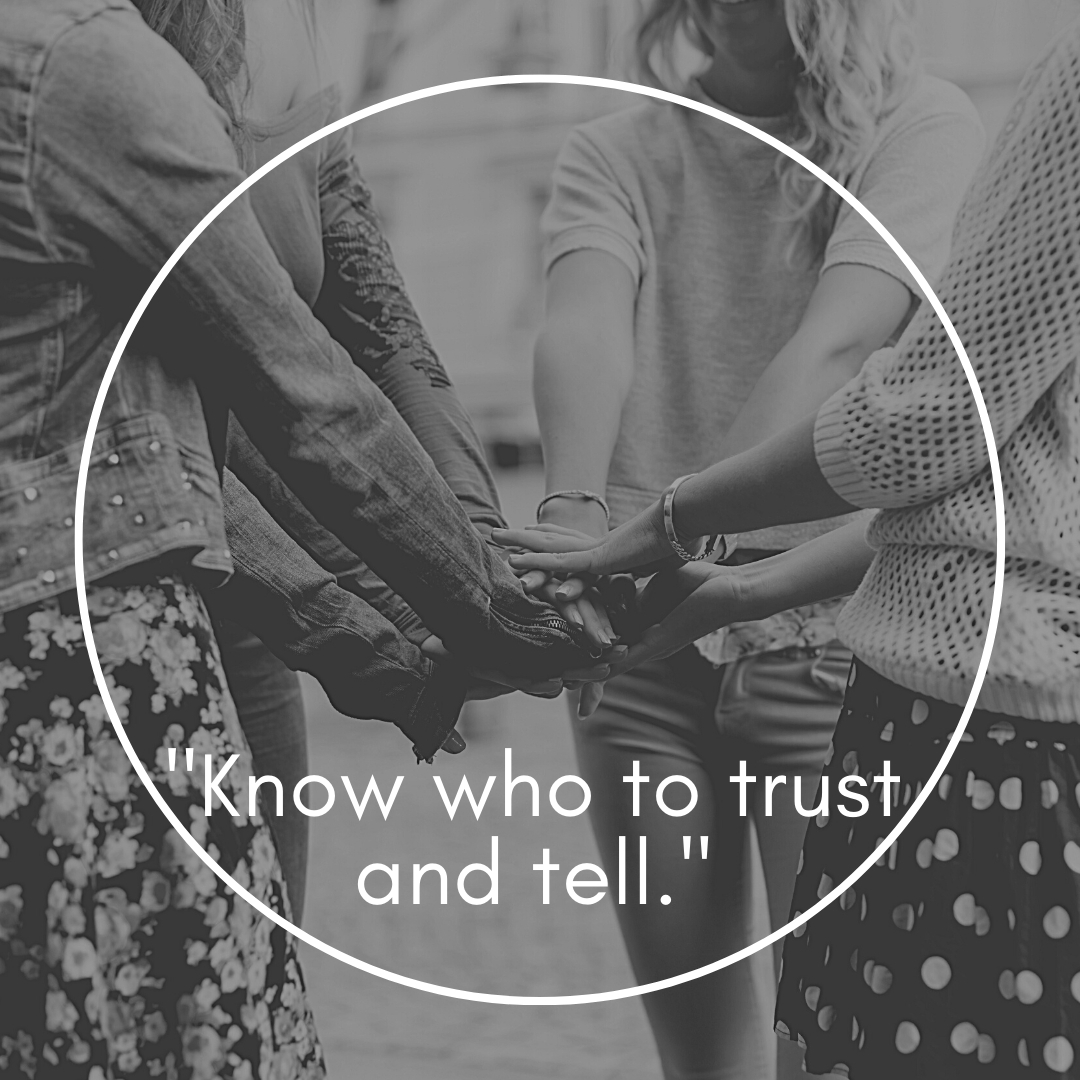
Do you look good in orange
Ask yourself this question next time you’re about to lose it
I had a client exclaim in her clinic session the other day that she was ready to kill someone. Namely one of her family members.
Don’t worry. She’s not a serial killer. And I took the opportunity to remind her that losing your shit causes you to wear orange and heavy duty bracelets!
It’s just that her frustration had escalated so significantly and tipped over into a space of unregulated emotion — namely anger and rage.
She had become a volcano head – ready to explode at any moment, fuming and seething with barely contained disdain. She was exactly like a volcano before it erupted, just smoking away frightening the local townsfolk -namely her family. Her emotional state was exceptionally volatile and she felt completely out of control.
There are numerous things that lead us to feel frustrated. Here are some examples:
- Feeling not heard within a conversation or space
- expectations not met despite your best planning efforts
- juggling too many balls in the air at any given time
Frustration is likely to be the top layer of a feeling. There will be more emotion beneath that has not been spoken, expressed, or given air. It’s highly likely that you may not even be consciously aware of all that is festering beneath the surface.
Frustration can have a voice of its own. A voice that rants, raves and yells uncontrollably. A voice that speaks often from a sense of stagnation or helplessness, an inability to make things happen in the way that someone wants.
The vibrational frequency of frustration means that those feelings of unmet expectation can rapidly escalate to anger or rage in the blink of an eye.
Need some tips to release frustration?
Frustration is often a kinetic energy. This means frustration is a moving emotion, and you’re unlikely to be able to sit still with it. Additionally, you are likely to require some movement to shift the sensation of the unwelcome negative-based emotion. Moving your mouth will commence activation of the release, but you are likely to continue to feel frustration deeply within your body.
1. Stay present
When we feel uncertain about something, this can be likened to triggering an unconscious fear. Therefore our human reaction is that we tend to want to control the process or outcome. This is driven by fear of the unknown, uncertainty, or loss of control. It’s an emotion that is based on the future tense.
When you can remain present, you’re not activating the neurological survival program that drives you to start planning all of those contingencies in your head to counteract the undoubted and misperceived doom you’re stressing about.
2. Accept you are human
Our human existence mandates that we are always gathering data from our experiences. Our brain gathers sensory data of what we see, hear and feel. What also happens is that our brain attaches an emotional response to the sensory data, and creates a program.
This allows your brain to simply respond when an experience is repeated without having to recreate the same program. When we re-experience an emotional response, our brain simply reactivates the survival reaction that was originally created.
Why?? Because change is a constant in our lives. Our brain has a wonderful compensation program to reduce the need for reprograming everything, and therefore screen out what it perceives as useless detail.
Change is a gift. A gift to learn more. A gift to evolve. A gift to flow and receive/give more through our life. I am referring to the gift of shifting or relearning the subconscious survival reactions to create positive change in your life.
However, if your expectation is unrealistic — that you want the outcome to be perfect the first time — you’re setting yourself up for heartache. We weren’t born and then ran within hours of birth.
You’re not a horse. You are human.
You must first engage your neural pathways to create patterns and habits, rather than stumble, trip or fall. In turn, this trains the brain muscles to move you into new experiences of attempting to walk in new ways without falling. You learn to step out of your survival reaction, refine your resilience and then move forward metaphorically.
3. Manage Expectations
When you place an unrealistic expectation in relation to that experience you attempt something the first time and there is failure, two things happen. You doubt yourself.
Doubt makes you feel big emotions associated with failure when you don’t meet the expected outcome. You shame yourself subconsciously in relation to not achieving. This can lead to diminished self-worth and a misperception of insecurity. This doubt expands your fear of trying again and failing, rather than simply feeling safe or confident enough to make another attempt to achieve the experience.
4. Acknowledge your beliefs
Think back to when you were younger. Were you raised a winner?
I’m being serious now.
Set the snoopy snigger aside, and reflect on whether you were raised with ‘tough love’ or ‘all participants receive a reward’?
Your response links to the previous point and the potential expectations you developed from childhood about how things should be. Your beliefs and values influence your bias, what you know to be true. These aspects of your psyche also influence your behavioural patterning.
When your perceived expectations are not met, this will generate a negative emotional response. This reaction is often subconscious and not something we can initially control. This reaction reaffirms the fear to be true.
Continually failing to meet expectations can generate bad behaviour within ourselves, and worse, trigger misperceptions in others about who we are. In other words, it can quickly lead to a misperception of feeling, or worse feeling judged.
In this circumstance, before you lose it ask yourself the Byron Katie question in relation to the unrealistic expectation — “Is this real?”
This singular and powerful question allows you to acknowledge that the old reactive belief (based on the survival reaction) may now be outdated or no longer serve you. This acknowledgement allows you to step out of the old non-serving program, and release the negativity of frustration, anger and rage. It allows you to choose a different emotional outlook.
Our old programmed survival reactions drive the negativity of frustration and anger. Ignoring the signals this emotion generates, allows the energy of it to build.
As the frustration escalates, your capacity to remain calm diminishes, because your survival reaction is heightened. This is the mental and emotional tipping point of whether you change the colour of your outfits — can you walk away or do you find yourself reacting and later regretting?
Conclusion
Consider implementing one of the suggested actions should you experience those moments of intense frustration, anger, or rage and don’t want to wear an orange jumpsuit!!

First published with Illumination, a Medium Publication. Click here this piece.

Want to read more like this?
This is My Roar – signed copies of my first published book can be purchased from this website.
Self Reflection – A little Look Within – click here
8 Hot Tips How To Journal – click here
Can You Risk Not Stepping Up To Mother yourself? – Click here

Need a taste of calm?
Click here to enjoy Karen’s latest
freebie offer.
Enjoy this program’s short presentation, which includes the experience of a meditative hypnotic recording to support resetting your calm.
About Karen
Change Facilitator
Karen Humphries is a Kinesiology Practitioner, Wellbeing Coach, Intuitive Meditation Facilitator, Clinical Hypnotherapist, and training Resource Therapist. She’s also a published author.
She is a self-confessed laughaholic. She loves being of service to the world with her humorous and positive approach to life, encouraging people to ‘choose to change and bloom from within.’












